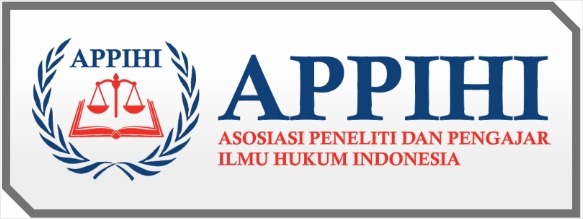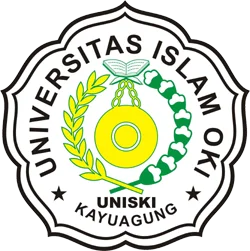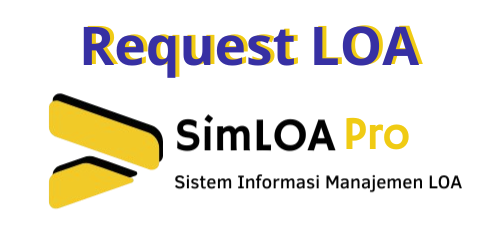Penegakan Hukum Pidana Terhadap Penyalur Pekerja Migran Secara Ilegal Dalam Prespektif Hukum Pidana Islam
DOI:
https://doi.org/10.61994/jsls.v3i2.1250Keywords:
migrant workers, illegal migrant workers, criminal sanctionsAbstract
In Indonesia, limited employment opportunities drive many citizens to become Indonesian Migrant Workers (PMI), including through illegal channels. Illegal placement of PMI has the potential to violate human rights, is related to the crime of human trafficking, and is difficult to monitor because it is not officially registered. This study highlights the imposition of criminal sanctions on illegal PMI distributors and a review of Islamic criminal law against these perpetrators. The type of research used is empirical juridical with a qualitative approach. The results show that illegal PMI distributors can be subject to criminal sanctions under Law No. 18 of 2017 concerning the Protection of Indonesian Migrant Workers and Law No. 21 of 2007 concerning the Eradication of the Crime of Human Trafficking (TPPO), in the form of imprisonment of up to 10 years, a fine, or revocation of business licenses. From the perspective of Islamic criminal law, perpetrators can be subject to ta'zir punishment because their actions contain elements of gharar (unclear) and dzulm (injustice), which harm the victim economically, physically, and psychologically. Ta'zir penalties are flexible and can range from imprisonment, fines, revocation of business rights, to social sanctions, with an emphasis on moral rehabilitation through repentance and compensation for victims. These findings confirm that both national and Islamic law require firm action against illegal migrant worker distributors to protect migrant workers' rights, prevent exploitation, and deter perpetrators.
Downloads
Published
Issue
Section
License
Copyright (c) 2025 Antoni Antoni, Gingin Anjar Pramuda

This work is licensed under a Creative Commons Attribution-NonCommercial 4.0 International License.












